U.S. adjusts drug policy for Afghanistan
The United States is changing the way it fights the drug trade in Afghanistan, VOA reports.
Sunday, 28.06.2009.
11:07

The United States is changing the way it fights the drug trade in Afghanistan, VOA reports. Washington is calling previous efforts to eradicate poppy crops "a failure" that boosted support for Taliban insurgents. U.S. adjusts drug policy for Afghanistan U.S. special envoy for Afghanistan and Pakistan, Richard Holbrooke, told a meeting of Group of Eight foreign ministers in Trieste, Italy, Saturday that efforts to physically destroy poppy crops that fund the Taliban have wasted hundreds of millions of dollars. G8 ministers welcomed the change. The head of the United Nations Office on Drugs and Crime, Antonio Maria Costa, also voiced his support. Holbrooke said the United States views the Taliban, not poppy farmers, as its enemies. He said the U.S. will now spend more money to support legal crops and agricultural development. Earlier this week, Holbrooke told U.S. lawmakers the Obama Administration was "downgrading" its efforts to eradicate drug crops. Afghanistan produces more than 90 percent of the world's supply of opium, the main ingredient in heroin, and large portions of the profits go to fund Taliban insurgents. The Group of Eight ministers and representatives from several south Asian nations also welcomed the new focus on agricultural development. Some say finding ways to integrate Afghanistan into the world economy will help foster stability. Italian Foreign Minister Franco Frattini said a stable Afghanistan is in everyone's interest. Many officials also say fair elections are critical if the next Afghan government is to be seen as legitimate. Afghan Foreign Minister Rangin Dadfar Spanta said the country's main concern was protecting civilians. But he also warned that "Afghanistan has lost control" of parts of the country, including the volatile Helmand province. G8 ministers also praised the efforts of neighboring Pakistan to eliminate the Taliban and stabilize the region. Although several countries from the region attended the conference, Iran did not. Still, UN Office on Drugs and Crime Executive Director Antonio Maria Costa told the Reuters news agency Iran is committed to working with the international community to stem the drug trade from Afghanistan. Costa said the change in Iran's stance had come in just the past few weeks.
U.S. adjusts drug policy for Afghanistan
U.S. special envoy for Afghanistan and Pakistan, Richard Holbrooke, told a meeting of Group of Eight foreign ministers in Trieste, Italy, Saturday that efforts to physically destroy poppy crops that fund the Taliban have wasted hundreds of millions of dollars.G8 ministers welcomed the change. The head of the United Nations Office on Drugs and Crime, Antonio Maria Costa, also voiced his support.
Holbrooke said the United States views the Taliban, not poppy farmers, as its enemies. He said the U.S. will now spend more money to support legal crops and agricultural development.
Earlier this week, Holbrooke told U.S. lawmakers the Obama Administration was "downgrading" its efforts to eradicate drug crops.
Afghanistan produces more than 90 percent of the world's supply of opium, the main ingredient in heroin, and large portions of the profits go to fund Taliban insurgents.
The Group of Eight ministers and representatives from several south Asian nations also welcomed the new focus on agricultural development. Some say finding ways to integrate Afghanistan into the world economy will help foster stability.
Italian Foreign Minister Franco Frattini said a stable Afghanistan is in everyone's interest.
Many officials also say fair elections are critical if the next Afghan government is to be seen as legitimate.
Afghan Foreign Minister Rangin Dadfar Spanta said the country's main concern was protecting civilians. But he also warned that "Afghanistan has lost control" of parts of the country, including the volatile Helmand province.
G8 ministers also praised the efforts of neighboring Pakistan to eliminate the Taliban and stabilize the region.
Although several countries from the region attended the conference, Iran did not. Still, UN Office on Drugs and Crime Executive Director Antonio Maria Costa told the Reuters news agency Iran is committed to working with the international community to stem the drug trade from Afghanistan.
Costa said the change in Iran's stance had come in just the past few weeks.










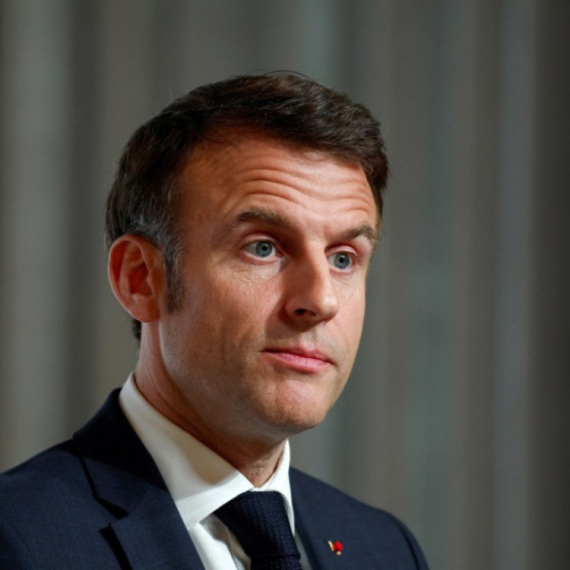



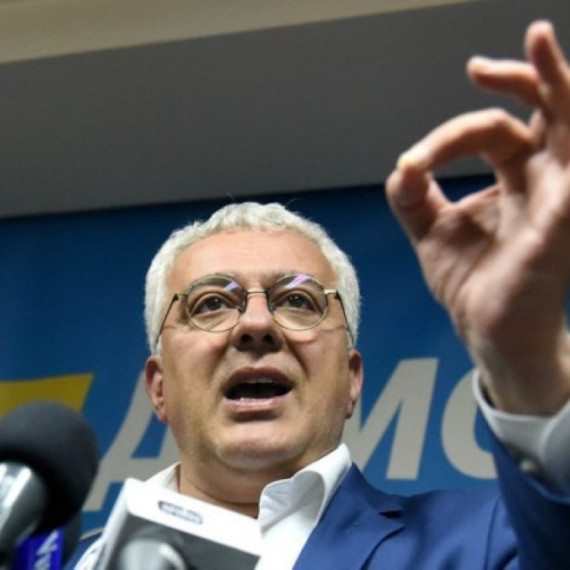
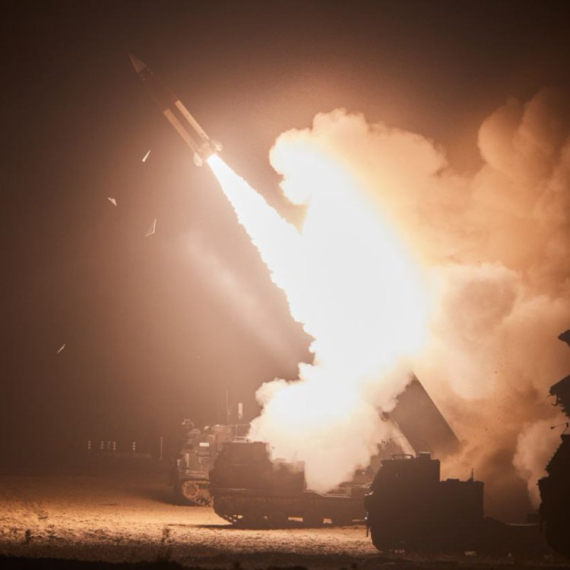
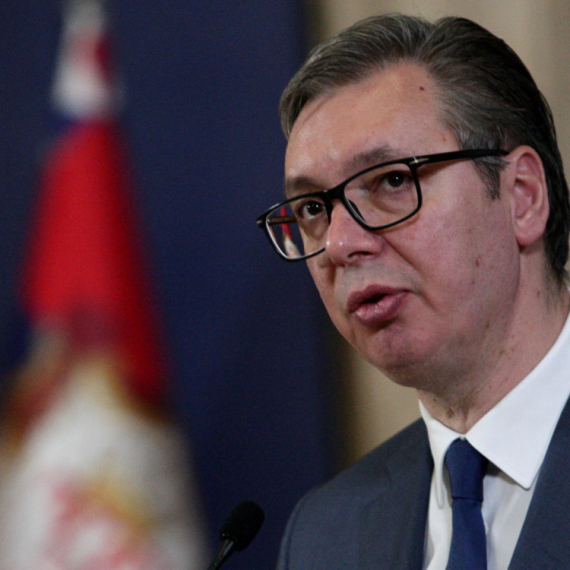


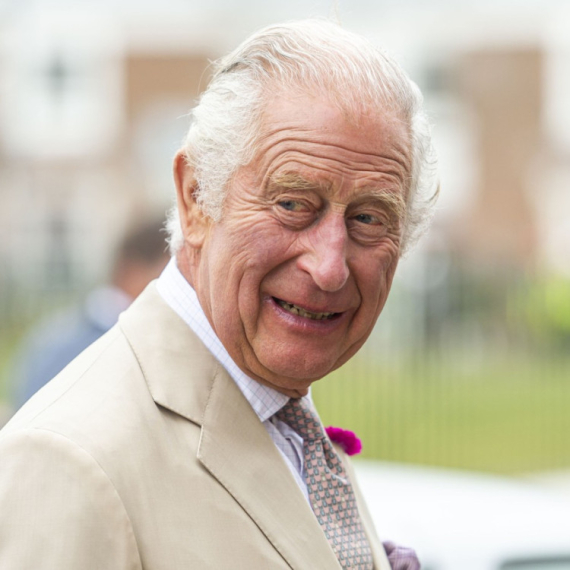







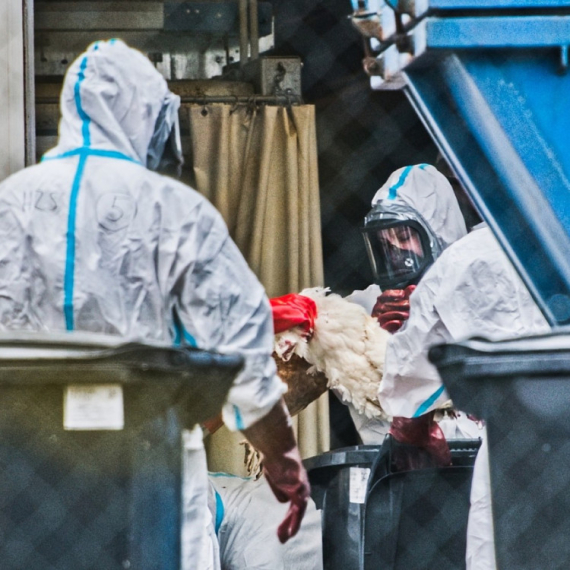














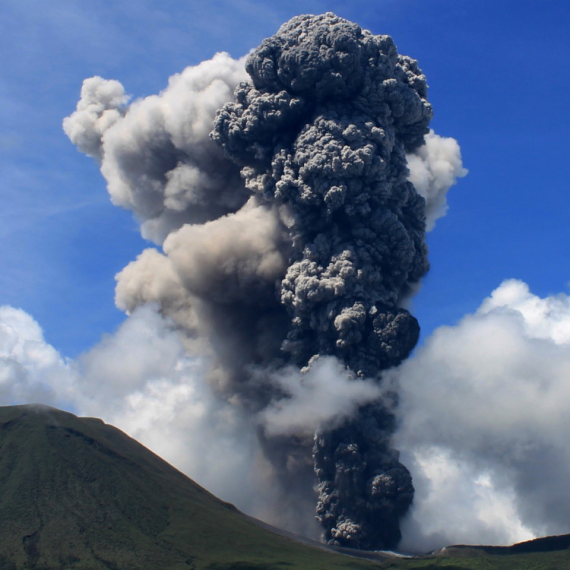










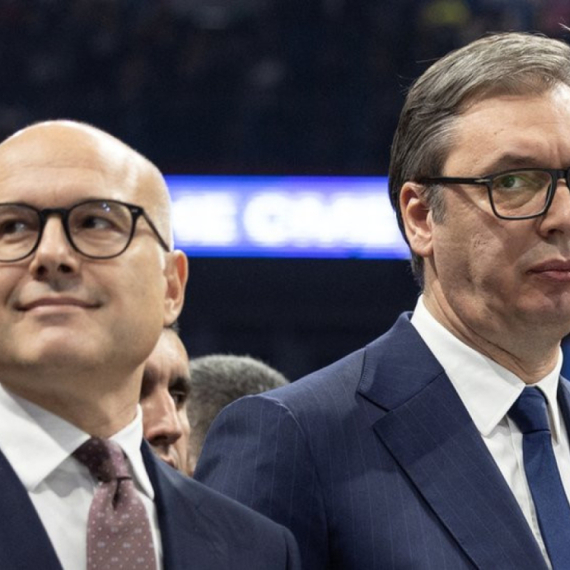

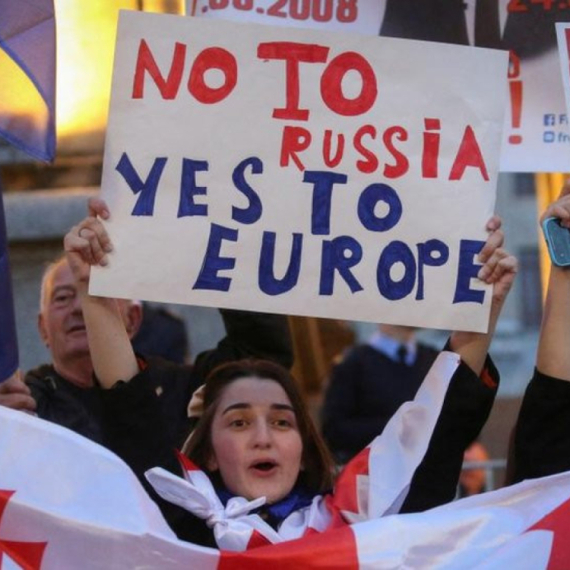


Komentari 0